The maelstrom of French instability Macron’s Fifth Republic in crisis
The unexpected resignation of French Prime Minister Sébastien Lecornu has triggered a deep political crisis, a drop in Paris stock exchange indices, and a decline in the euro. The Fifth Republic is sinking ever deeper into a whirlpool of instability.
“A lame duck with limited options…”
On the morning of Monday, 6 October, French Prime Minister Sébastien Lecornu stepped down. The day before, on Sunday, the composition of his cabinet was published, sparking a scandal. This marks the third prime minister forced to resign this year. Lecornu set a sort of anti-record over the past hundred years, serving as prime minister for only 26 days.
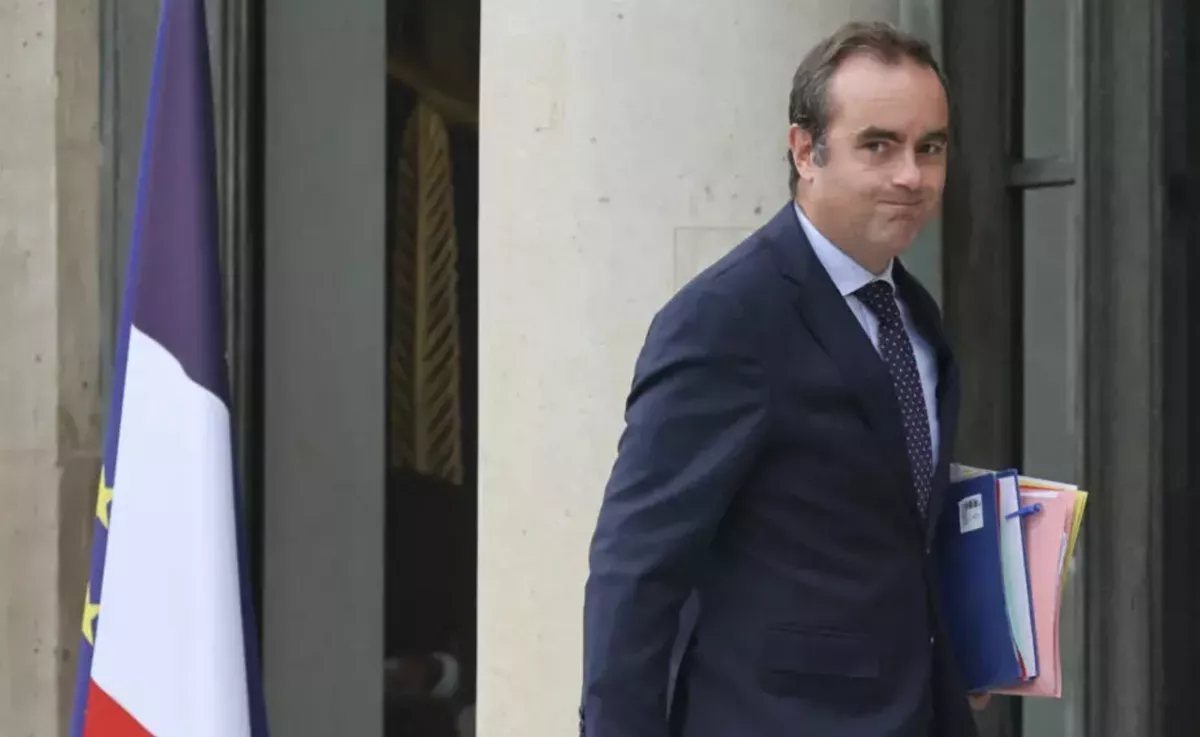
The sense of uncertainty was amplified by the fact that, in the first hours after the resignation, it was unclear which government was legitimate — the old or the new — as the handover of powers from the outgoing ministers to the new ones had not yet taken place.
According to one version, Lecornu’s government became the undisputed champion of “blitz tenure” in power — ministers served for only 12 hours.
The markets were the first to react to the latest resignation. On Monday morning, the CAC 40 index on the Paris stock exchange fell by 2%, with the banking sector hit hardest: Societe Generale lost 6.6%, BNP Paribas – 5.1%, and Credit Agricole – 5%. The euro fell by 0.6%.
The British newspaper The Times described President Macron as a “lame duck,” who is “running out of options.”
Former Minister of the Armed Forces Lecornu was appointed by Macron as head of government on September 9, replacing François Bayrou, who had been dismissed by deputies. During this time, the cabinet was being formed (a process that in itself set another anti-record in terms of duration). In the end, out of 18 ministers, 12 were members of previous governments.
This composition immediately provoked opposition in the National Assembly, which threatened a new vote of no confidence. Disarray also emerged within Macron’s own camp.
The main stumbling block was the draft state budget, which envisaged significant social cuts and had failed to pass through parliament under the two previous governments. Lecornu was scheduled to present the budget on Tuesday, 7 October, and had prepared several “sweeteners.”
First, he promised not to invoke Article 49.3 of the Constitution, which allows the government to bypass a parliamentary vote. For example, the Élisabeth Borne cabinet used Article 49.3 thirteen times to pass measures such as raising the retirement age and approving the budget. Lecornu, seeking to win over deputies, declared he would not use this provision—most likely due to fear of a vote of no confidence and early elections, which Macron’s supporters would likely lose at this moment.
Second, the Socialist Party proposed introducing a 2% tax on the ultra-wealthy. The liberal prime minister refused but promised to strengthen corporate taxation. He categorically refused to lower the retirement age, which remains one of the main demands of the left-wing opposition, trade unions, and the hundreds of thousands participating in protests that have once again swept across France.
But the decisive blow to Lecornu’s already shaky government came from an unexpected quarter—the supposedly allied, right-conservative party, The Republicans.
How the interior minister toppled his own government
The Republicans had secured the appointment of five of their ministers to Lecornu’s cabinet. However, on Sunday evening, the party leader and Minister of the Interior, Bruno Retailleau—who had held the same post in Bayrou’s government—suddenly voiced opposition to the nominations of Defence Minister Bruno Le Maire and Regional Planning Minister Éric Woerth.
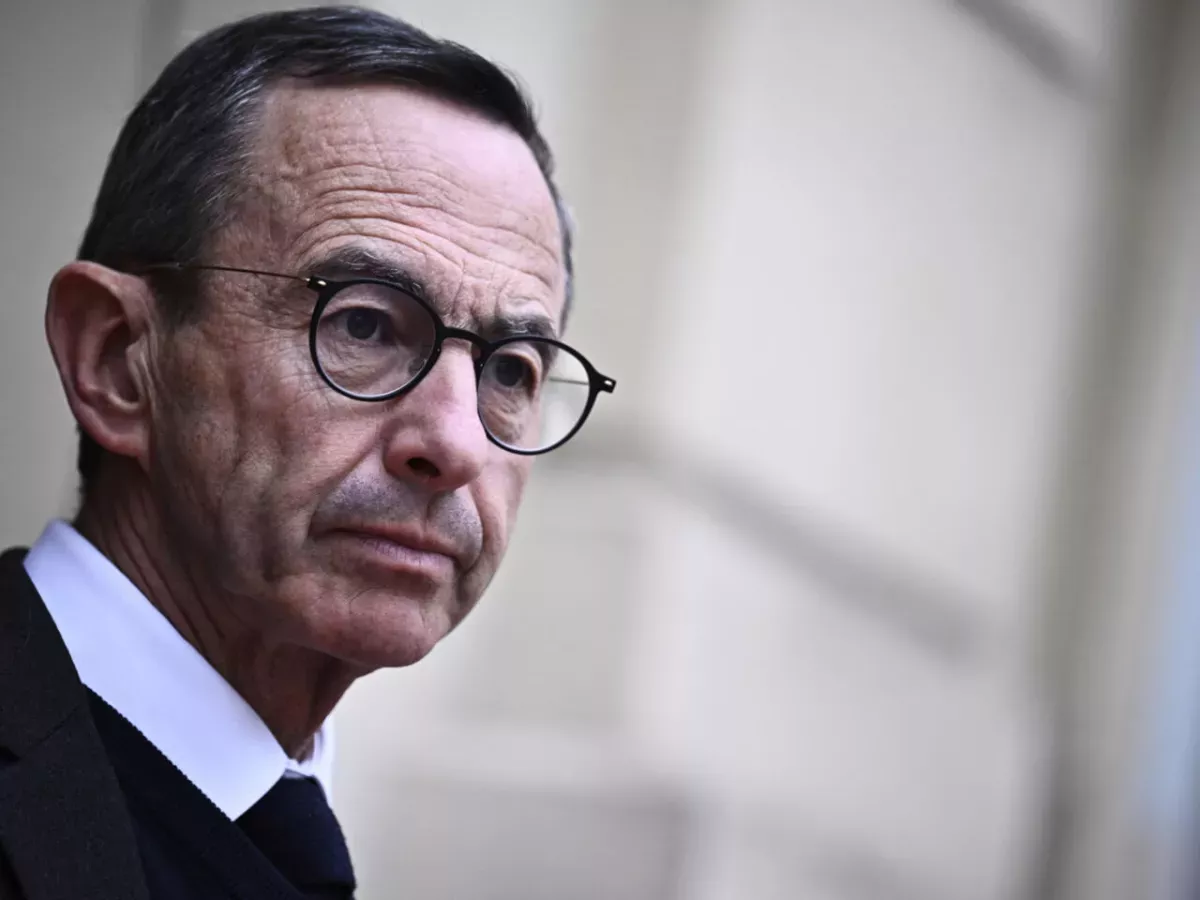
He even announced his intention to leave the government, though he soon agreed to stay. But the crisis was already inevitable.
On Monday morning, Sébastien Lecornu submitted his resignation.
The “apple of discord” was Bruno Le Maire, a former member of The Republicans who had been expelled from the party in 2017 for unsanctioned rapprochement with Macron.
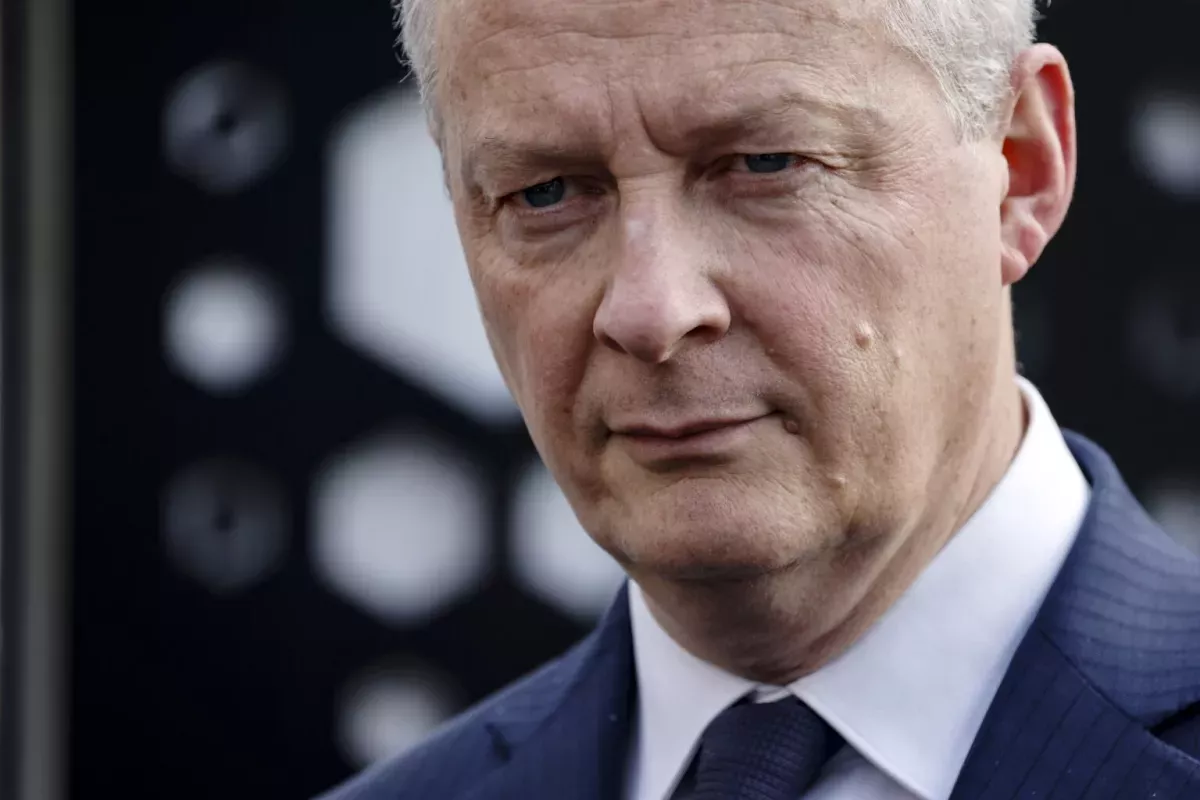
Le Maire had coexisted in previous cabinets with his former colleagues, but this time Retailleau was outraged that Lecornu had not informed him in advance about including the “defector” in the government.
Effectively, the government coalition collapsed, shaking France’s political life. The Macronist camp found itself in complete disarray. On Monday, both the ruling and opposition parties rushed to convene emergency meetings.
The right moves first—but who will win?
Marine Le Pen, leader of the National Rally, called for the dissolution of parliament and new elections. She was echoed by the party’s vice president, Sébastien Chenu, who also called for Macron’s resignation. Early elections are now most advantageous to the far-right, which is leading in the polls amid the Macronists’ failure.
The far-left was not idle either. Mathilde Panot, chair of the parliamentary La France Insoumise (France Unbowed) faction, demanded Macron’s departure, while Olivier Faure, First Secretary of the Socialist Party, declared that France is experiencing an “unprecedented political crisis.”
Bruno Retailleau himself, who triggered the government’s collapse, stated that The Republicans are not becoming an opposition party but merely expressing the interests of “honest French citizens” concerned about migration and social issues.
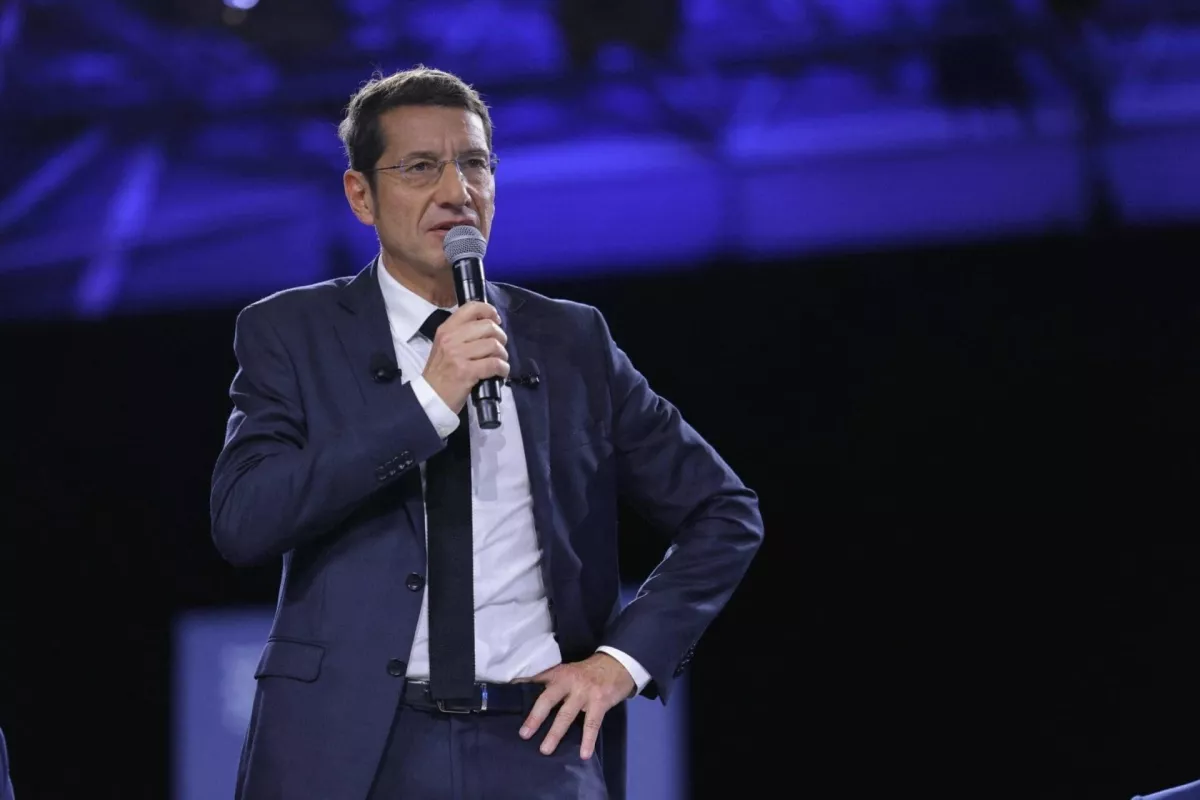
However, Cannes Mayor David Lisnard, also a Republican, stated that “the Fifth Republic and the country’s future are at risk” and called for Macron’s resignation.
It seems that The Republicans and their leader intend to play on the turf of the National Rally. The far-right sensed competition: Marine Le Pen mockingly declared that “all the Republicans’ conflicts with Macron boiled down to bargaining for ministerial portfolios,” noting that for many years they had been his support base, and are now pretending to be the opposition.
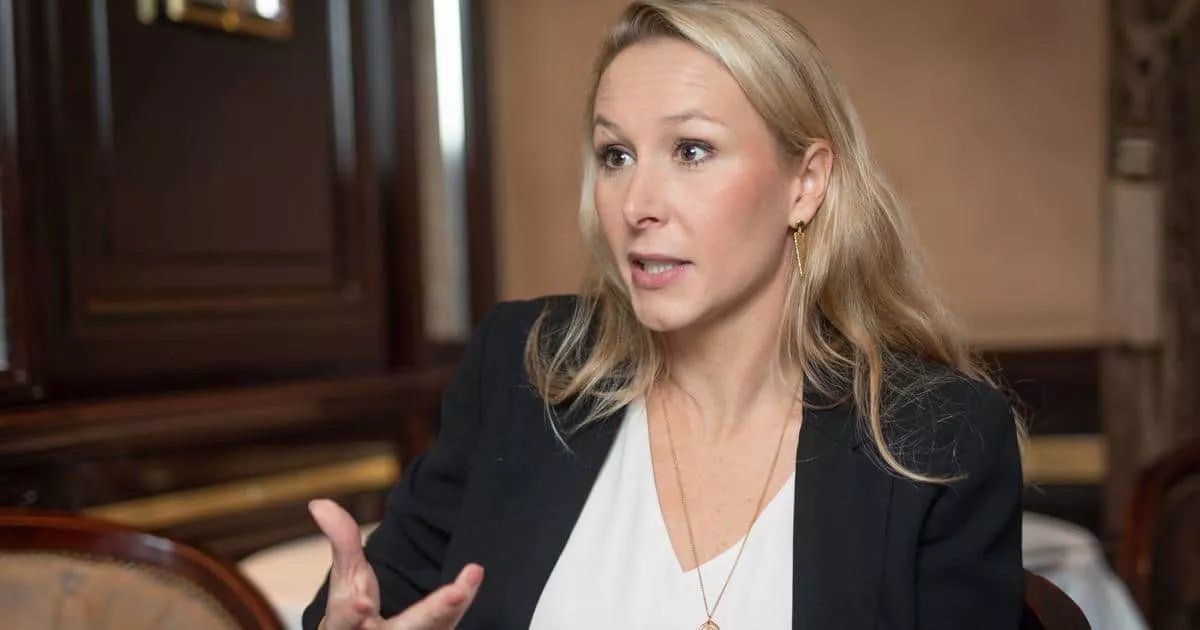
Marion Maréchal, leader of the Identity–Liberties party and niece of Marine Le Pen, also called for early elections and urged the creation of a “broad right-wing coalition” that would include both The Republicans and the National Rally.
It can be assumed that the major forces behind French politics are betting on replacing the bankrupt Macronism with a coalition of moderate right-wing elements and part of the far-right.
Mobilisation is also underway on the left flank.

Jean-Luc Mélenchon, leader of France Unbowed, called on left-wing parties to hold an urgent meeting. So far, only the French Communist Party (PCF) responded. Neither the Greens nor the Socialist Party supported Mélenchon’s proposal, considering his demand for Macron’s resignation too radical.
In the previous parliamentary elections, the left managed to unite under the New Popular Front and partially curb the rise of the far-right. But the ambitions of its leaders, combined with the willingness of the Socialists and Greens to make concessions to the liberals, soon caused that alliance to collapse.
Currently, the Socialist Party and the Greens are not demanding Macron’s resignation. The Socialists are merely proposing that the president appoint a left-wing figure as prime minister to implement anti-crisis measures.

The Green Party leader, Marine Tondelier, also does not rule out cooperating with Macron.
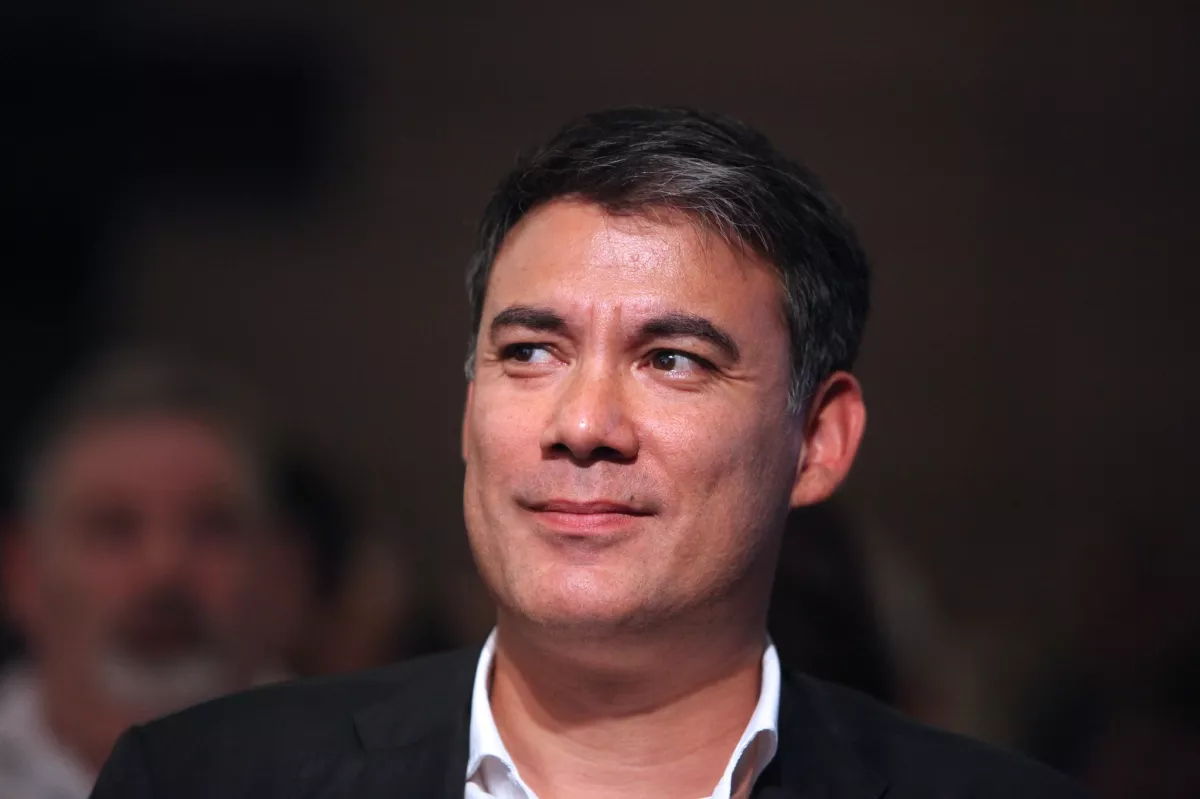
Olivier Faure, First Secretary of the Socialist Party, stated that he would not reject the president’s proposal to form a left-green government and is ready to make compromises with the liberals—provided that the demands to cancel the pension reform and introduce a tax on the ultra-wealthy are maintained. The French Communist Party (PCF) also supports appointing a left-wing prime minister.
The General Confederation of Labour (CGT), one of the country’s largest trade unions, declared that the current political crisis cannot be resolved without social justice. Macron and Lecornu’s resignation, the repeal of the pension reform, and the rejection of an anti-social budget remain the primary demands of the unions and participants in the mass protests.
Thus, three possible coalitions are emerging today: Macronist liberals with conservative Republicans, a left-green coalition with conditional support from liberals, and a hypothetical right–far-right alliance.
Macronist shame
It is also noteworthy that a split has begun within the Macronist camp itself. Marc Fesneau, leader of the MoDem parliamentary faction, accused Macron of irresponsibility and personal ambition, calling the situation “a shame for France.”
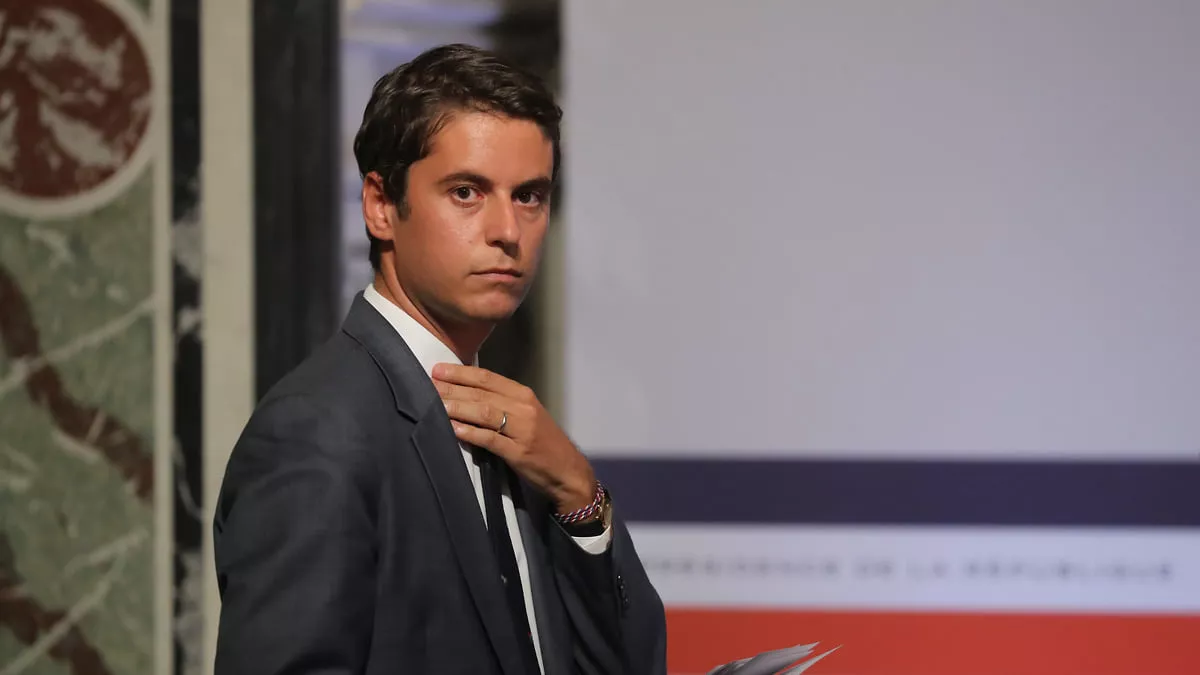
Criticism also came from Gabriel Attal, Secretary General of the presidential party Renaissance, who stated that he “no longer understands the decisions of the President of the Republic.” It is worth recalling that Attal was abruptly dismissed by Macron in June 2024 and now harbours presidential ambitions of his own.
Meanwhile, the Macronists are trying to extricate themselves from the difficult situation. On Monday evening, reports emerged that the president tasked the former prime minister with negotiating with parties by Wednesday to develop an “action and stabilisation platform.” In the event of failure, Macron stated that he “would take full responsibility.”
At the same time, Bruno Le Maire announced his departure from the government and transferred his powers as Minister of Armed Forces to Sébastien Lecornu.
On Wednesday, the National Assembly office will consider a request by 104 deputies to begin impeachment proceedings against Macron. Most of the signatories belong to France Unbowed and the PCF.
It seems that early elections—at least parliamentary, if not immediate presidential ones—will be unavoidable in France. However, going to the polls is unlikely to radically improve the situation, given the deep crisis into which the Fifth Republic has plunged during Emmanuel Macron’s tenure.








